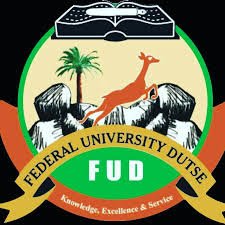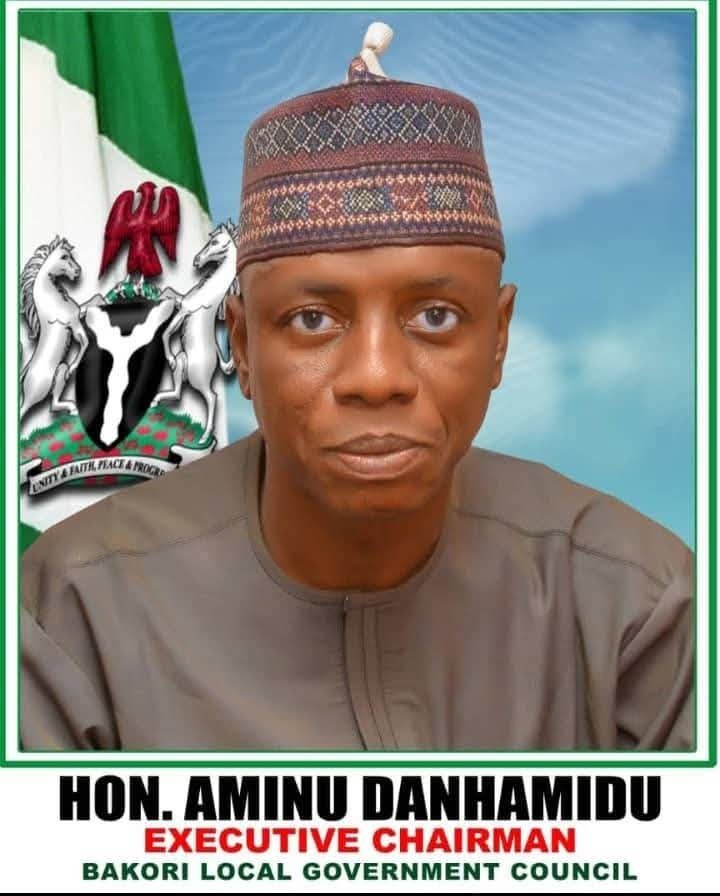Islamic scholars kick against Tinubu’s Tax Reforms Bills
The Ulama Forum in Nigeria (UFIN), an Islamic Group, has kicked against President Bola Tinubu’s Tax Reforms Bills, saying they are capable of deepening income inequalities in Nigeria.
The group said this in a statement by its convener, Malam Aminu Muhammad in Kano on Tuesday.
Muhammad said that passing the bills would disrupt the nation fiscal federalism, and jeopardize critical developmental agencies.
He also chided Tinubu for refusing to heed the National Economic Council’s recommendation to withdraw the bills for revision.
Muhammad also described the bills as unjust, lopsided, and detrimental to Nigeria’s federal structure.
He said that the bills made provisions for shifting the largest share of Value Added Tax (VAT) revenue from areas of consumption or generation to the headquarters of production entities, saying thatVAT was a consumption tax, and its revenue distribution should reflect consumption patterns rather than the location of production head offices.
“Transferring VAT revenue to production headquarters violates the principles of equity and fiscal equalization. This will disproportionately favour a few states, while economically strangulating others, including the Federal Capital Territory,” he said.
Muhammad also raised concerns about the proposed Development Levy distribution formula, saying it would undermine critical agencies like TETFUND, NITDA, and NASENI.
“These agencies, essential for educational infrastructure, research, and innovation, face being phased out by 2030 if their funding is reduced as proposed in the bills.
“It is alarming that public tertiary institutions could be forced to charge exorbitant tuition fees to cover infrastructure and research funding gaps. This would burden students with debt under the Student Loan Scheme and may pave the way for the full privatization of tertiary education,” he added.
Muhammad described the bills as untimely and insensitive, particularly as Nigerians grapple with harsh economic realities. They also highlighted concerns about inadequate public consultation, suggesting a deliberate rush to pass the bills without sufficient debate.
He recommended broader public consultation and engagement with stakeholders, including state governors and experts, to thoroughly assess the implications of the proposed reforms.
Muhammad urged members of the National Assembly to resist any pressure to pass the bills in their current form, emphasizing the need to protect the interests of their constuencies.
He called on public-spirited individuals, groups, and organizations to challenge the bills’ perceived threats to federal constitutionalism and economic fairness.
The statement was endorsed by prominent Islamic scholars and intellectuals from across Nigeria including Prof. Mansur Ibrahim, Dr. Bashir Aliyu Umar; Prof. Abubakar Muhammad Sani; Prof. Khalid Abubakar Aliyu; Prof. Muhammad Babangida Muhammad; and Dr Sa’idu Ahmad Dukawa.
The rest were Prof. Salisu Shehu, Prof. Ahmad Bello Dogarawa, Mal Ahmad Bello Abu Maimoona, Prof. Muhammad Alhaji Abubakar, and Malam Muhammad Lawal Maidoki among others.



